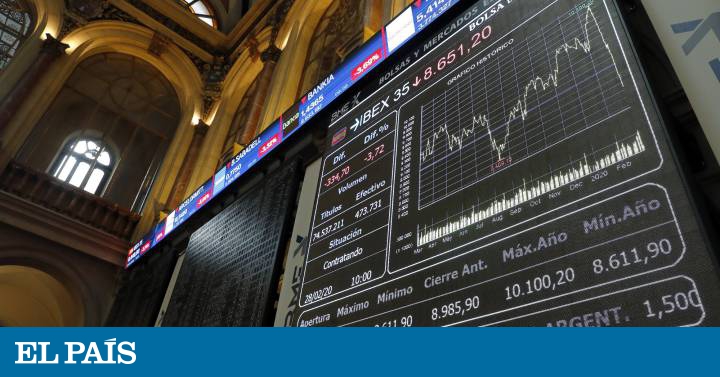The spread of the coronavirus throughout Europe and developed countries has suddenly become a major threat to the world economy. The black swan (term that designates a highly unlikely event but that may have catastrophic consequences) of Covid-19 has caused several successive hysterical reactions of the World Stock Exchanges, disturbed by the proven fact of the difficulty of containing infection in restricted areas. Economic institutions such as the International Monetary Fund (IMF) have announced their willingness to take palliative measures and the OECD has calculated the impact on the global economy in a cut in half of the expected growth (from 2.9% to 1.5%) for this year. The Italian Government has announced emergency plans, in addition to making extreme decisions such as closing schools, international football matches are held behind closed doors or relevant congresses and economic events are canceled. Brussels, alarmed, seems willing to relax the deficit conditions temporarily for the affected countries. We are facing a general declaration of economic emergency.
Previous Publishers
The virus bill
The fear of contagion produces in the first instance a reduction in travel, international contacts and tourism; Several transport-related markets have already calculated substantial losses due to reduced activity. In addition, panic reduces supplies to companies and some have had to close or raise temporary closures. The decrease in exchanges causes a logical decrease in investments. Viral panic can lead to recessions located in some countries in developed areas or reduce the growth capacity of some economies that, like China, are only going to grow above 4% this year.
A good part of the economic effects are due to an overreaction of the markets most involved with the tourist exchange. Factors such as the ability of health systems in developed countries to alleviate harm to people are not taken into account. But the alarm state is already here and affects both people and companies. The first answer can only be to increase spending on sanitary infrastructure. A second reflection is the desirability of economic institutions and national economies themselves acting in a coordinated manner; The individual response of States has limited effects. Europe must articulate the economic response protocols by taking the initiative to make fiscal rules more flexible and support the maintenance of the affected business areas with money.
A third observation is that the economic impact is projected on supply and demand. The Federal Reserve's decision to lower rates by half a point is not enough. It is necessary to coordinate specific credit facility policies with no less concrete stimuli of demand: support for people affected by temporary closures or provisions to extend the periods of perception of unemployment. In any case, the economic measures in each country will be easier and more effective if previously the European and world economic institutions reach a concerted action of expenditure and investment.
You can follow THE COUNTRY Opinion on Facebook, Twitter or subscribe here to the Newsletter.

